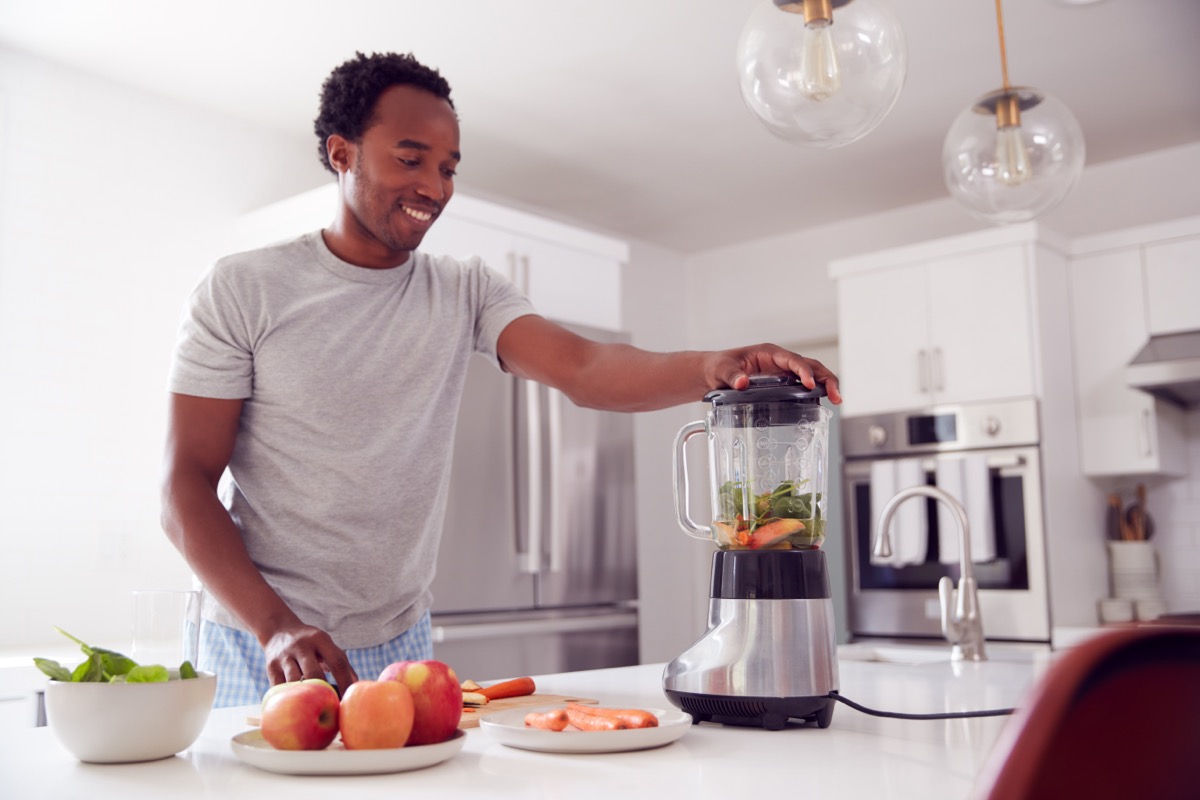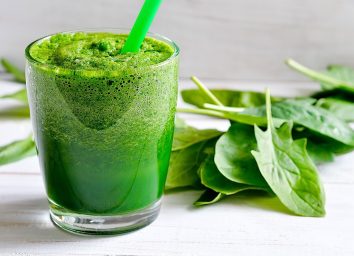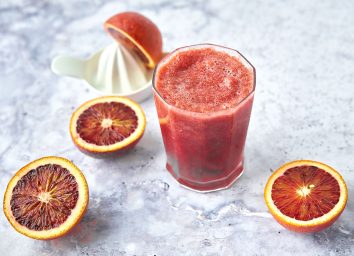Surprising Side Effects of Not Drinking Smoothies, Says Science

If you rarely find yourself with adequate time to prepare a cooked breakfast in the morning, smoothies are an easy way to add fruits, vegetables, and essential vitamins and minerals to your diet in a hurry. Healthy, quick to prepare, simple to stock (thank you, freezer!), and easy to take on the go, it's hard to imagine why not everyone is drinking a smoothie for breakfast. They're so popular that 60% of frozen fruit purchased in 2014 went into smoothies, according to an NPR report.
But, alas, not everyone has an interest in making smoothies. Maybe you don't want to bother with a blender, maybe you don't feel creative enough to come up with the right flavor, or maybe you just don't like dealing with all the ingredients. Or perhaps you used to be a smoothie lover but you worry they're not helping you reach your health and fitness goals anymore. Whatever the reason why you're not currently sipping on a smoothie, you may be curious: what am I missing out on if I don't drink smoothies?
It's not just calories you'll miss out on if these blended drinks are missing from your meal plan. Read on to discover what happens to your body when you don't drink smoothies. And if you want to improve the quality of your diet, check out The 7 Healthiest Foods to Eat Right Now.
You may find yourself more satiated.

If you opt to eat smoothies' component parts as whole fruits instead of blended them up, you might just discover that you're not as hungry in the long run.
According to a 2018 study published in the journal Nutrients, individuals who ate an equivalent serving of fruit salad as they would have in a smoothie reported feeling fuller following the consumption of the fruit in its un-blended form.
Your digestive tract may become more sluggish.

Most fruits and vegetables boast a healthy helping of both water and fiber, helping keep your digestive tract regular. In fact, according to a 2020 study published in the Journal of Renal Nutrition, among hemodialysis patients, high fruit intake is associated with lower rates of constipation. So if you're not drinking smoothies—an excellent source of fruits and veggies—and prefer to load up on sugary cereal or bacon and eggs, your digestion may feel a little sluggish.
For more ways you could be slowing things down in your gut, check out the 25 Unhealthiest Habits for Your Digestion.
You may not recover from workouts as fast.

Smoothies make a great post-workout drink: full of healthy carbs to replenish spent glycogen stores and protein to strengthen muscles, almost nothing beats a smoothie as a recovery drink. But if you're not one to sip on one after exercising, you may find yourself a bit sore or fatigued after those tough sessions at the gym.
In a 2012 study published in the Journal of the International Society of Sports Nutrition, a group of 10 female study subjects was given either a blueberry smoothie or a placebo both before and after exercise. Those who drank the smoothie saw their muscles recover faster, experienced less muscle damage from their workouts, and had their oxidative stress levels decrease more quickly than members of the control group.
You may be at increased risk for cognitive decline.

Fruits and vegetables aren't just good for your physical health—they may help keep you cognitively fit, too. According to a 2017 meta-analysis published in Frontiers in Aging Neuroscience, increased consumption of fruits and vegetables is associated with a lower risk of cognitive decline and dementia. For many smoothies can be a major source of those food groups in your diet, so by not drinking them, you may not enjoy that protective effect for long. And if you want to protect against further decline, check out these 9 Everyday Habits That Might Lead to Dementia, Say Experts.








